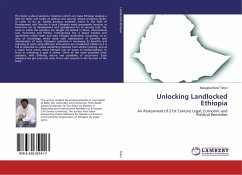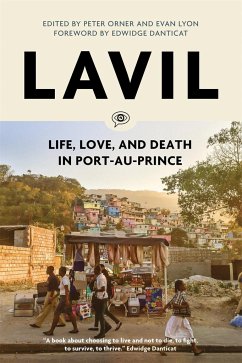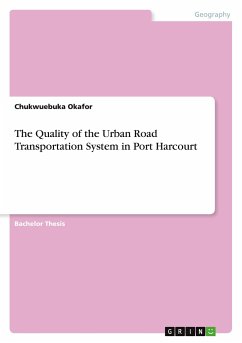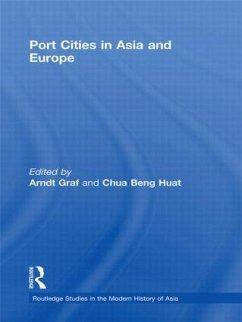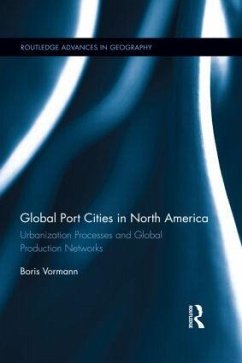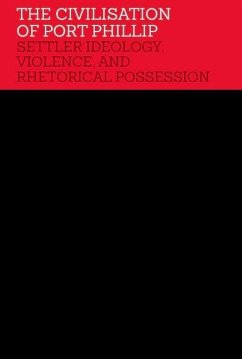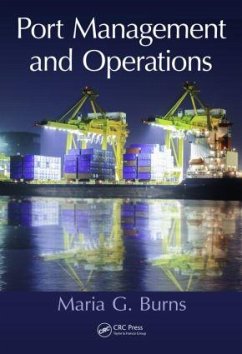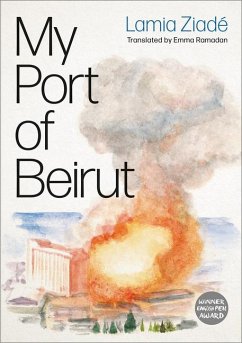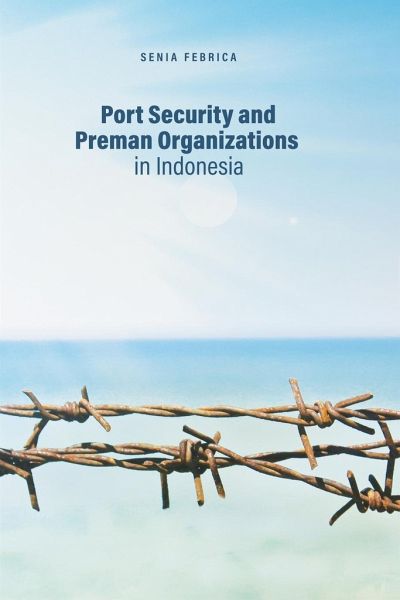
Port Security and Preman Organizations in Indonesia

PAYBACK Punkte
21 °P sammeln!
The global war on terrorism created pressure for Indonesia to improve its security measures for dealing with maritime terrorism. Following the 9/11 attacks and the 2002 Bali bombings, Indonesia has improved the security of its major ports and entered various international agreements to ensure its trading activities are not impeded. At the same time, in a bid to secure small ports and coastal areas in various parts of the country, preman-self-supporting, autonomous paramilitary-organizations began to play a greater role. This book explores the involvement of preman organizations in securing por...
The global war on terrorism created pressure for Indonesia to improve its security measures for dealing with maritime terrorism. Following the 9/11 attacks and the 2002 Bali bombings, Indonesia has improved the security of its major ports and entered various international agreements to ensure its trading activities are not impeded. At the same time, in a bid to secure small ports and coastal areas in various parts of the country, preman-self-supporting, autonomous paramilitary-organizations began to play a greater role. This book explores the involvement of preman organizations in securing ports and coastlines in Jakarta, North Sulawesi, and the Riau Islands. The security of ports and coastal areas in the three provinces is of international importance because of their proximity to major sea lanes of communication. This book carefully maps out the tensions, contradictions, and implications of the use of preman organizations in the realization of Indonesia's efforts to be a truly democratic civil society.





